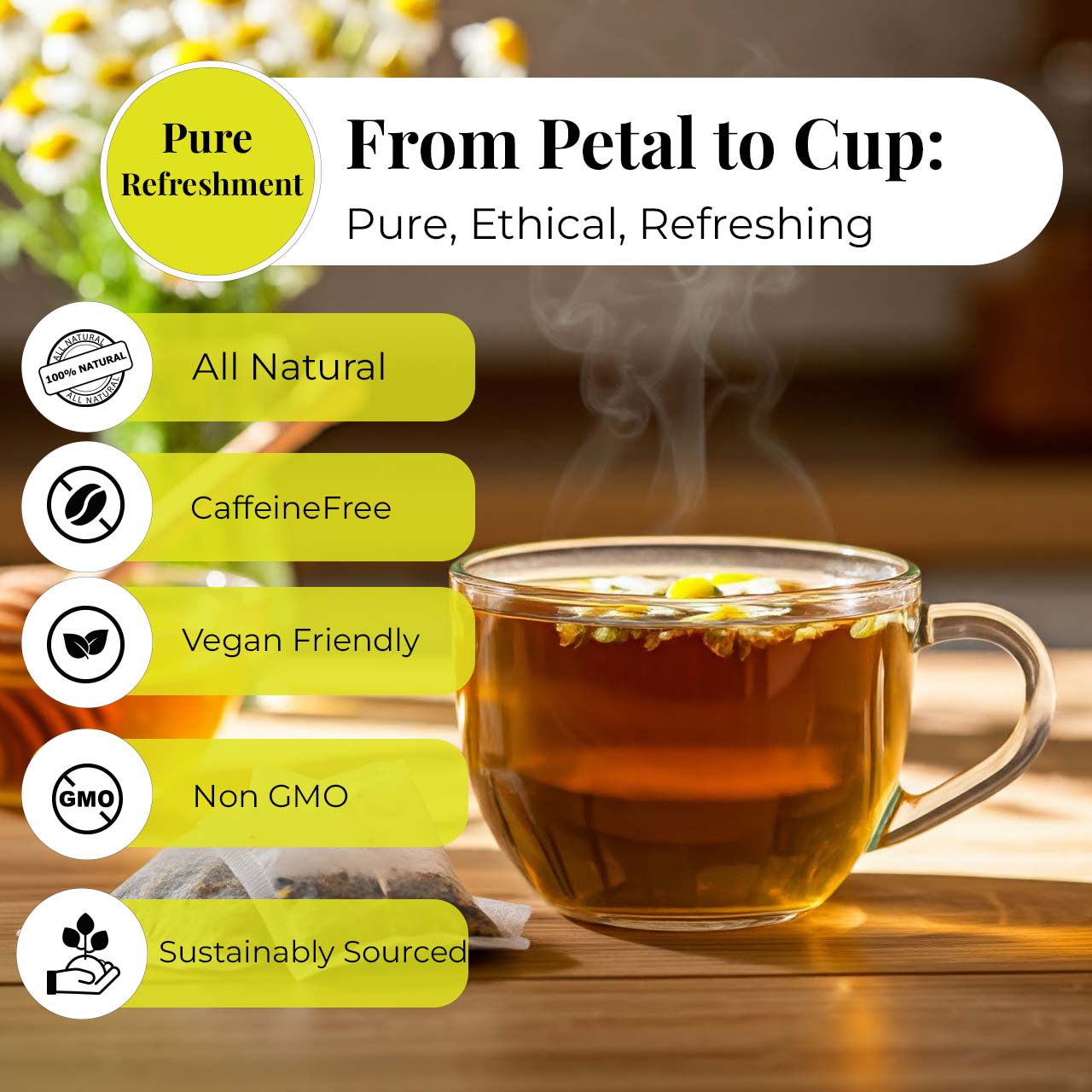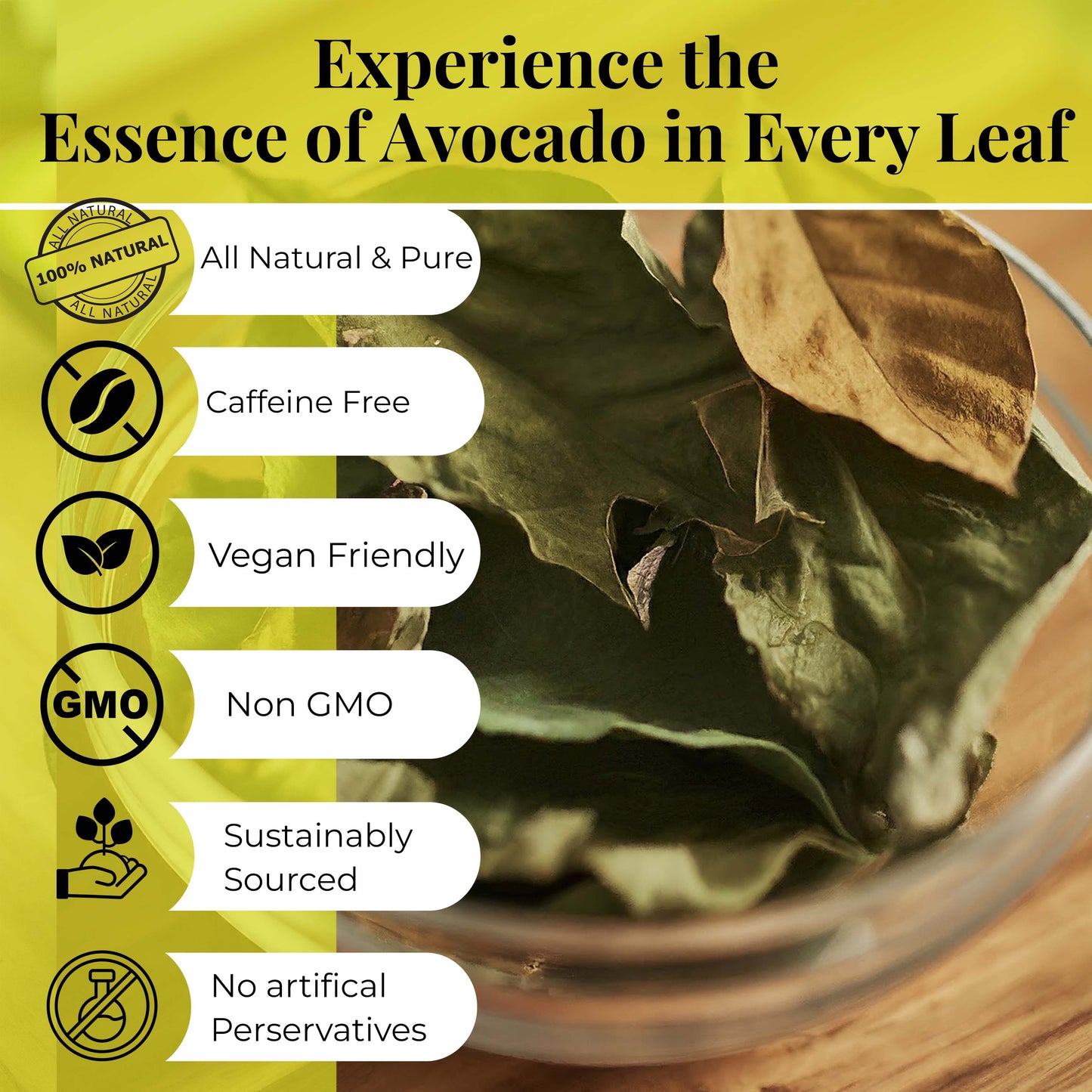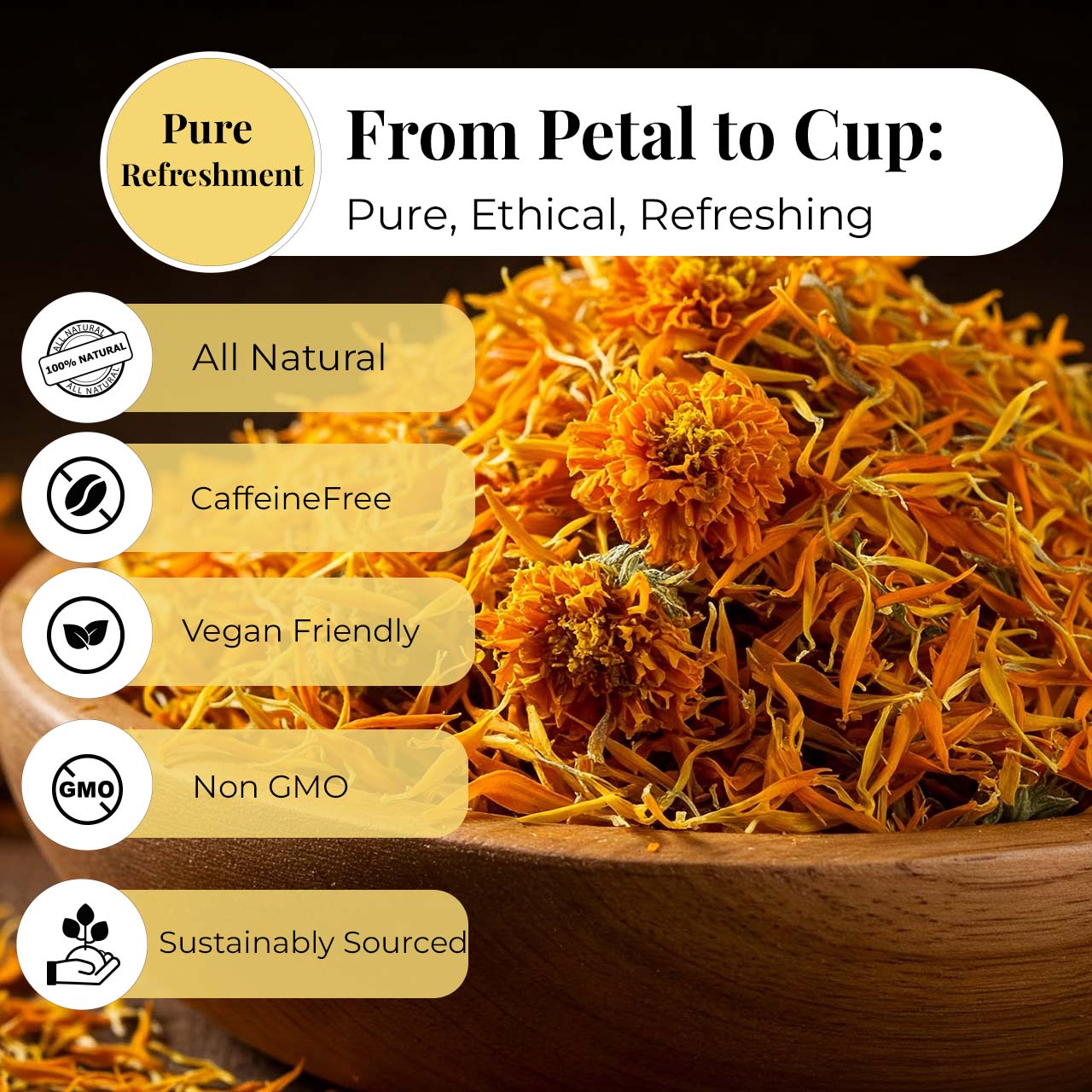The Complete Guide to Avocado Health Benefits, Nutrition Information, and Why It’s Good for Your Heart.
In this blog we explore the many facets of the avocado from the classic Hass avocado grown in Uganda to your own backyard avocado tree seedlings. We dive into avocado nutrition facts: how much protein and fibre it really has, its macros, and why the avocado pear fruit is one of the most nutrient-dense foods you can eat. We look at the dietary information and health advantages of avocado consumption the avocado pros you can get by including it in your diet, its food benefits, and how combining avocado protein and fibre supports health. For those wondering about growing we cover avocado tree from seed, how to plant, and whether the type of avocado or avocado seeds affect the nutrition. We show you the key avocado nutrition benefits, what avocado is good for, why avocado is good for you, and how the unique composition of avocado (fat + fibre + micronutrients) makes it a standout in your diet.
Whether you’re eating an avocado of Mexico variety, adding avocado food to your meals, or simply curious “avocado how much protein” or “avocado high in fiber,” this blog gives you the science-based answers plus practical tips. It’s not just about macros and nutrition information, it’s about real health benefits of avocado and how you can make them work for you.
1. How much protein and fiber does an avocado contain?
A typical serving of avocado contains modest protein and a meaningful amount of dietary fiber.
- One review of the edible pulp of the common “Hass” avocado reports ~6.8 g of dietary fibre per 100 g (pulp) in some analyses.
- Protein content is relatively low: for example ~2 g of protein per 100 g portion is often cited.
- Because avocados are high in fat (mainly monounsaturated) and fibre, they contribute to satiety and slower digestion, but they are not high‐protein foods.
- The fibre helps with digestion, supports gut health and contributes to the nutrient density of the fruit.
2. What is the nutritional value and macros of an avocado (avocado fruit)?
Avocados are nutrient-dense, high in healthy fats, reasonable fibre, low sugar, modest protein, and a range of vitamins/minerals.
- For roughly half a medium avocado (~100 g) you’ll find ~15 g fat (mostly monounsaturated oleic acid), ~2 g protein, ~7 g fibre, ~9 g total carbohydrates, and low sugar.
- They also supply potassium, folate, vitamins E and K, magnesium and phytochemicals like lutein/zeaxanthin.
- Because the fat is mostly unsaturated, and the carbohydrate load is low, avocados fit well into many healthy‐eating patterns (e.g., Mediterranean style).
- Their relatively high calorie density (compared to many fruits) means portion size matters if you’re watching total energy intake.
3. What are the health benefits (advantages, pros) of avocado consumption?
Research supports several benefits of avocado consumption, especially when part of an overall healthy diet.
- A comprehensive review of 19 RCTs and 5 observational studies found that avocado intake was associated with improved cardiovascular markers (e.g., lower non‐HDL cholesterol, reduced LDL oxidation), improved weight/visceral fat in some cases, better cognition, and improved gut microbiota.
- In a 12‐week RCT, inclusion of avocados increased fibre, folate and good fats, and lowered some markers of cardiometabolic risk (hsCRP, VCAM‐1) compared to control diet.
- In large prospective cohorts in the US, higher avocado intake was associated with lower risk of cardiovascular disease and coronary heart disease.
- Improvements in diet quality: one study with ~1,000 participants found that adding one avocado per day improved overall diet quality scores.
- Additional potential benefits: improvements in skin elasticity (in women) and cognitive function have been reported.
Warning:
- A single food is not a silver bullet: one trial found daily avocado for 26 weeks did not significantly improve the overall cardiovascular health score (though individual markers improved).
- Many benefits come when avocado replaces less healthy fats or less nutrient‐dense foods (e.g., butter, processed meats).
- More long-term and diverse population studies are still needed to fully confirm some of the benefits.
The recommended Avocado Leaves.
The recommended Vanilla extract.
The recommended Vanilla beans.
4. Is avocado the same as avocado pear, and is an avocado actually a fruit?
Yes, an avocado (often called “avocado pear”) is indeed a fruit, botanically speaking.
- The term “avocado pear” comes from the pear‐shaped appearance of many avocados.
- Botanically, the avocado is a large berry with a single seed (so yes, it is a fruit).
- Because it has higher fat content than many other fruits, it behaves a bit differently nutritionally, but it is still classified as a fruit.
5. What are the health properties and dietary information of avocado (avocado and health benefits) and how does it support diet/health?
Avocado supports health via its unique mix of healthy fats, fiber, micronutrients and bioactive compounds, which together help with heart health, digestion, satiety and nutrient absorption.
- The high monounsaturated fat content helps improve blood lipid profiles (e.g., lowering LDL‐C) when replacing saturated fats.
- Fiber in avocado supports digestion, may promote beneficial gut microbiota, and adds to satiety (which can help with weight management).
- The presence of fat also enhances absorption of fat‐soluble vitamins and plant carotenoids (for example when eaten with vegetables).
- Dietary information: because of its nutrient density, avocados help improve overall diet quality (e.g., higher intake of potassium, magnesium, vitamins) and may reduce risk of metabolic syndrome components.
- It’s not a high‐protein source: those needing high protein should complement avocado with other protein‐rich foods.
- Mind portion size: though healthy, avocados are calorie‐dense compared to many fruits/vegetables.
6. How does eating avocados support heart, gut or other health (avocado high in fiber, avocado protein fiber)?
Through multiple mechanisms fibre, healthy fats, micronutrients and phytochemicals — avocado consumption supports cardiovascular health, gut health and possibly other domains like cognition.
- Cardiovascular: Studies show avocado intake lowers non‐HDL cholesterol, reduces LDL oxidation, improves vascular function (endothelial health).
- Gut health: Avocado fibre and other compounds promote healthier colonic microbiota and favourable fecal metabolites in overweight/obese adults.
- Weight/visceral fat: Some trials show inclusion of avocado helps reduce visceral adiposity (in certain groups) and helps satiety, which supports weight management.
- Cognitive / skin health: There is emerging evidence that avocado intake may enhance attention/focus and skin elasticity.
- The fibre component: By slowing digestion and glucose absorption, inverse associations with metabolic risk observed.
- However: It is one part of diet + lifestyle replacing less healthy foods and maintaining physical activity are key.
7. What about growing an avocado tree from seed (avocado tree seedlings) does that affect the type of avocado or nutritional value?
Growing an avocado tree from seed is feasible, but fruit quality, type (cultivar), yield and nutritional value may vary compared to commercially grafted trees; there is limited direct human‐nutrition research comparing seed-grown vs commercial fruit.
- Seed‐grown avocado trees may not yield the same cultivar (genetic variation) as the parent tree; commercial growers typically use grafted trees to ensure consistency.
- Nutritional composition of avocado fruit is influenced by cultivar, growing conditions, soil, climate, ripeness and storage. A review found nutrient composition does vary.
- While the nutritional value of ripe fruit from a seed‐grown tree can still be good, there is less standardized research specifically on seed‐vs‐grafted in terms of nutrient content.
- If you grow your own avocado tree from seed, you may enjoy fresher fruit and a home-grown experience, but for guaranteed nutritional profiles and yield, cultivar grafted trees are preferred.
The recommended Avocado Leaves.
The recommended Vanilla extract.
The recommended Vanilla beans.






























